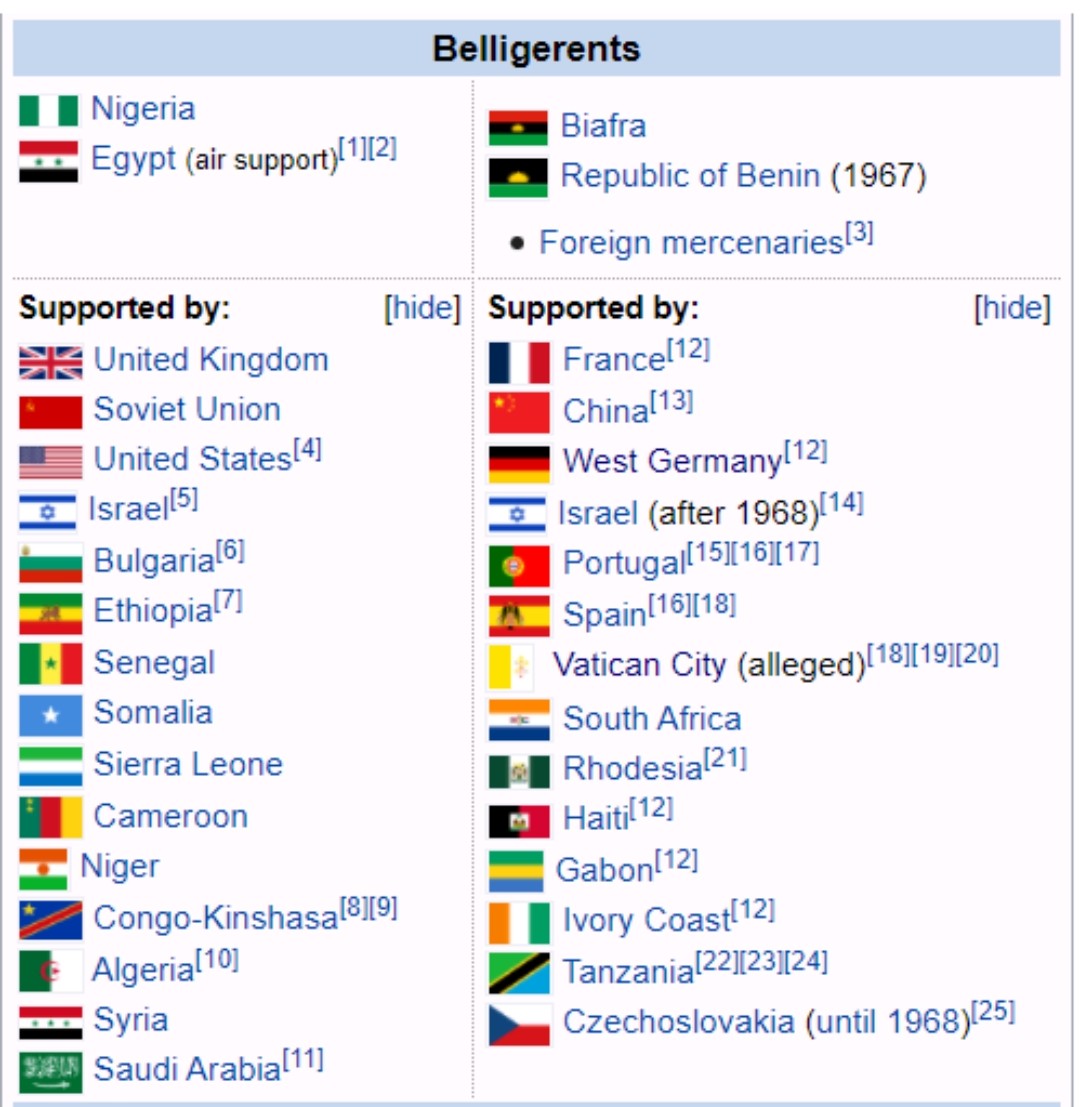While Second World communism was suffering from fissures, the Third World was further united by a bit of First World bumbling. After Nasser nationalized the Suez Canal, France and Britain invaded—against Washington’s wishes—to reassert control of the waterway and oust the Egyptian leader. They were joined by the young state of Israel, whose creation had been supported by both Washington and Moscow, but eventually had to back down because of US pressure. Despite Eisenhower’s anger with the new Jewish state, Washington steadily increased support for Israel from the middle of the 1950s for Cold War reasons. It was the nascent alliances between the USSR and radical Arab nationalist regimes, we know now, that formed the basis for a growing US-Israel alliance.6
Is this true? It seems very detached from reality and no sources are given aside from a note that is kinda irrelevant to the question. Since when was the US "angry" about the foundation of Isntreal and since when was the USSR a supporter of it or even neutral to it at all? This feels like bullshit
He's saying Eisenhower was mad that Israel invaded Egypt.
He (and the CIA) had been trying to cultivate a relationship with Nasser to limit Soviet expansion in the region. At the same time he was trying to maintain the "peace" of the Tripartite Agreement.
Stalin outright supported the creation of Israel. it's one of his biggest Ls. I think you're right to take issue with the claim though, the causality seems way off.
It’s always sunny in Philadelphia music plays
Stalin does the thing he killed Trotsky for
The USSR is most definitely implicated in the founding of Israel, and, per John Mearsheimer, the US-Israel relationship did not become what it was until the latter half of the 20th century. After a decade, the USSR pivoted to the Arab regimes while the US focused even more on Israel backing Israel to the hilt
After a decade, the USSR pivoted to the Arab regimes while the US focused even more on Israel backing Israel to the hilt
What makes them a regime? Only its former imperialists call their gov'ts all that...
I was using it in the poli sci sense, where Biden regime and Merkel regime are equally applicable
I'm only going off some recent readings myself, but there was a brief period of time when Stalin felt that the creation of a Jewish State was necessary. He supported the UNGA 181 which partitioned Palestine.
This is a pretty standard summary of the Suez crisis tbh. Geopolitics is weird, and sometimes leftists make major L's, like the USSR supporting the creation of Isreal, based on a misapplication of the national question. The world isn't a simple "good guy/bad guy" Marvel movie-ass binary.
If you want a really fucked up example, look at the Biafra War
Show
Given that this is just general background on the Suez crisis, that kind of "general knowledge" typically don't require citations, but making the claim "The suez crisis formed the basis for a growing US-Isreal Alliance" is a claim that needs backed up. Hence why that's the sentence that gets a footnote.
So, if I'm writing a book about the world system of the late 18th century, and I say "In 1776, The American colonists declared independence" give some background information, and then proceed to make a claim about the impact that independence had on, global trade. Then I need to back up the claim about global trade.
The background on The american war of independence is just that, background, and doesn't require citations. Because there's a presumed general knowledge that if you're reading this book, you won't need that explained to you.
Out of curiosity, what's the footnote in question? What does it say?
Yeah it sucks that the USSR supported something that has turned out so ridiculously bad but I can understand that this wasn't obvious at the time and geopolitics can be very hard especially when you're up against imperialist powers who hate your existence.
This is the footnote:
Westad, The Global Cold War, 125–28. According to Westad, Eisenhower opposed intervention in Egypt (in contrast to his very enthusiastic support elsewhere) for two reasons: One, he wanted to contrast US behavior with the Soviet crackdown in Hungary; and two, it seemed that Nasser wasn’t going anywhere, whether the Europeans got the canal back or not.
Ok, yeah this makes sense. This footnote is backing up the "suez crisis formed the basis for a growing US-Israel Alliance" claim, by pointing to a separate historian who's making the same claim (Since of multiple people came to the same conclusion then you can argue that the evidence points to that interpretation of the facts of the case).
And the explanation given by the other author gives two reasons:
-
Ihe US didn't want to invade, in order to paint itself as more restrained than the Soviets, re: the Invasion of Hungary.
-
Israel could serve as an imperial outpost, and thus a check on Arab leftists, like Nasser, in lieu of an invasion.
-
(In general don't forget that Bevins' book, while good and informative, is somehow still a hangout of sorts, there's still more in Indonesia that it doesn't touch on that's somehow even worse. I won't speak ill of him because I don't know much about him, but I think the details will be coming through the left podcast sphere in due time. Don't want to butcher it.)
You can't just drop that with nothing, any details for those of us not in the left podcast sphere?






